M&M International at SPE/IADC 2025 (Stavanger, Norway)
M&M International to Attend the 2025 SPE/IADC International Drilling Conference & Exhibition in Stavanger

The mischaracterization we face in the petroleum industry has become a frustrating reality that is not likely to go away anytime soon. In many cases, our schools are teaching an abridged negative view of our industry that is purposefully creating a huge misconception for the generations to come.
No industry is perfect, but overall our industry is extremely responsible and has taken huge strides in decreasing negative environmental impacts. These advances and the continued focus on improvement should be a source of pride rather than shame. In this blog, we'll take a closer look at some common misconceptions and reveal the truth behind each one.
1. Understanding Petroleum Products and Crude Oil
2. What is Petroleum Used For?
3. Misconception Of The Petroleum Industry
4. M&M International Advocating for Informed Discourse and Tangible Action
Crude oil, often referred to as "black gold," is a naturally occurring, unrefined liquid found beneath the Earth's surface. Composed of a complex mix of hydrocarbons, along with traces of other organic materials, crude oil is the raw material that fuels modern society. It is formed over millions of years from the remains of ancient marine organisms buried under layers of sediment and subjected to intense heat and pressure.
Through the process of refining, this crude oil is transformed into a diverse range of petroleum products. These products play crucial roles in our daily lives, powering vehicles, heating homes, and serving as raw materials for numerous industrial applications.
Petroleum products encompass a variety of essential materials, such as transportation fuels, heating oils, electricity generation fuels, asphalt, road oil, and feedstocks for the production of chemicals, plastics, and synthetic materials found in countless everyday items. In 2016, the United States consumed roughly 7.21 billion barrels of petroleum, with motor gasoline (including ethanol) accounting for 47%, distillate fuels (heating oil and diesel) making up 20%, and jet fuel comprising 8%.
Petroleum plays an integral part in our daily lives through its refinement into various essential products. For transportation, petroleum is converted into fuels such as gasoline, diesel, and jet fuel, which power cars, trucks, airplanes, and ships. Additionally, petroleum products like fuel oil are critical for electricity generation, particularly in regions lacking access to other energy sources.
This versatility underscores petroleum's significance in both mobility and energy production, highlighting its importance in sustaining modern society.
The petroleum industry significantly contributes to the global economy by creating millions of jobs worldwide in exploration, extraction, refining, distribution, and retail. Additionally, it serves as a major revenue source for many countries through exports and taxation, funding infrastructure and public services. This dual role of job creation and revenue generation underscores the industry's economic importance on a global scale.
Petroleum serves as the primary source of petrochemicals, essential for manufacturing a diverse array of products like plastics, synthetic rubber, fertilizers, pesticides, solvents, and pharmaceuticals. These petrochemicals are instrumental in both household and industrial sectors, contributing to the production of everyday items such as detergents, cosmetics, and paints. This highlights the ubiquitous presence and versatility of petroleum-derived products in our daily lives and industries.
Misconceptions about the petroleum industry often arise due to its complex operations and the broad range of products derived from it. This complexity can lead to misunderstandings about its role in the global economy and its contributions to various sectors, from transportation to manufacturing. Additionally, media portrayals and public discourse sometimes oversimplify or sensationalize aspects of the industry, contributing to misconceptions about its impact and significance.
Many major petroleum companies are investing heavily in renewable energy sources. Companies like BP, Shell, and ExxonMobil have diversified their portfolios to include investments in wind, solar, biofuels, and other renewable energy technologies. These companies recognize the need to transition to a lower-carbon economy and are actively contributing to this shift.
While there have been notable environmental disasters, such as oil spills, these are not the norm. Advances in technology and stricter regulations have significantly improved the safety and environmental impact of petroleum extraction. Modern drilling techniques, such as directional drilling and enhanced oil recovery, minimize surface disruption and reduce the risk of spills.
The notion that renewable energy can swiftly and entirely supplant petroleum overlooks the intricate infrastructure and energy demands of modern society. While renewable energy sources offer promising alternatives, their widespread adoption requires extensive infrastructure development and technological advancements.
Additionally, certain sectors, such as aviation and heavy industry, still heavily rely on petroleum-based fuels due to their unique energy requirements. Transitioning away from petroleum necessitates a comprehensive and gradual approach, acknowledging the complexities of energy systems and the need for diversified solutions.
M&M International recognizes the invaluable role of petroleum in driving global economic progress and prosperity. From fueling transportation to powering industries and supplying essential raw materials, petroleum serves as a cornerstone of modern civilization.
Its pivotal role in job creation, revenue generation, and infrastructure development underscores its vital contribution to sustaining economies worldwide. While we actively pursue diversification of energy sources and environmental stewardship, we also acknowledge the continued necessity of petroleum in shaping our interconnected world.
In addressing misconceptions about the energy industry, M&M International advocates for informed discourse and tangible action. We challenge individuals and organizations taking unilateral anti-oil and gas stances to consider the broader implications of their choices. Let us collectively strive for a balanced approach that recognizes both the challenges and opportunities inherent in our energy landscape.
%20(3).png?width=123&height=123&name=_(250%20x%20250%20px)%20(3).png)
M&M International is a family owned and operated original equipment manufacturer in the energy industry. Since its founding in 1980, M&M has become internationally known in the industry for creating and manufacturing the most efficient, reliable, and user-friendly well control valve design in the world, namely, the CANISTER GUARD®.
M&M also manufactures a wide variety of subs, inside blowout preventors (“IBOPs”), swivels, surface test trees, offline cementing valves, and other equipment used during drilling, completion, and production operations, both on land and offshore. In addition to our products, we also offer a full spectrum of manufacturing services and stand ready to build not only our own designs, but the designs brought to us by our customers and partners.
The M&M Team is committed to solving the most common, and uncommon, problems associated with the well control sector today. We also put forth great effort assisting our customers in solving problems associated with other aspects of the energy industry. We are a dynamic and customer satisfaction-oriented company that is focused on helping its customers improve on multiple levels, not just with their well control needs. No matter what we are doing for the customer, we deliver extraordinary service that is superior to any of our competitors.
Located at 1249 Evangeline Thruway, Broussard, Louisiana 70518
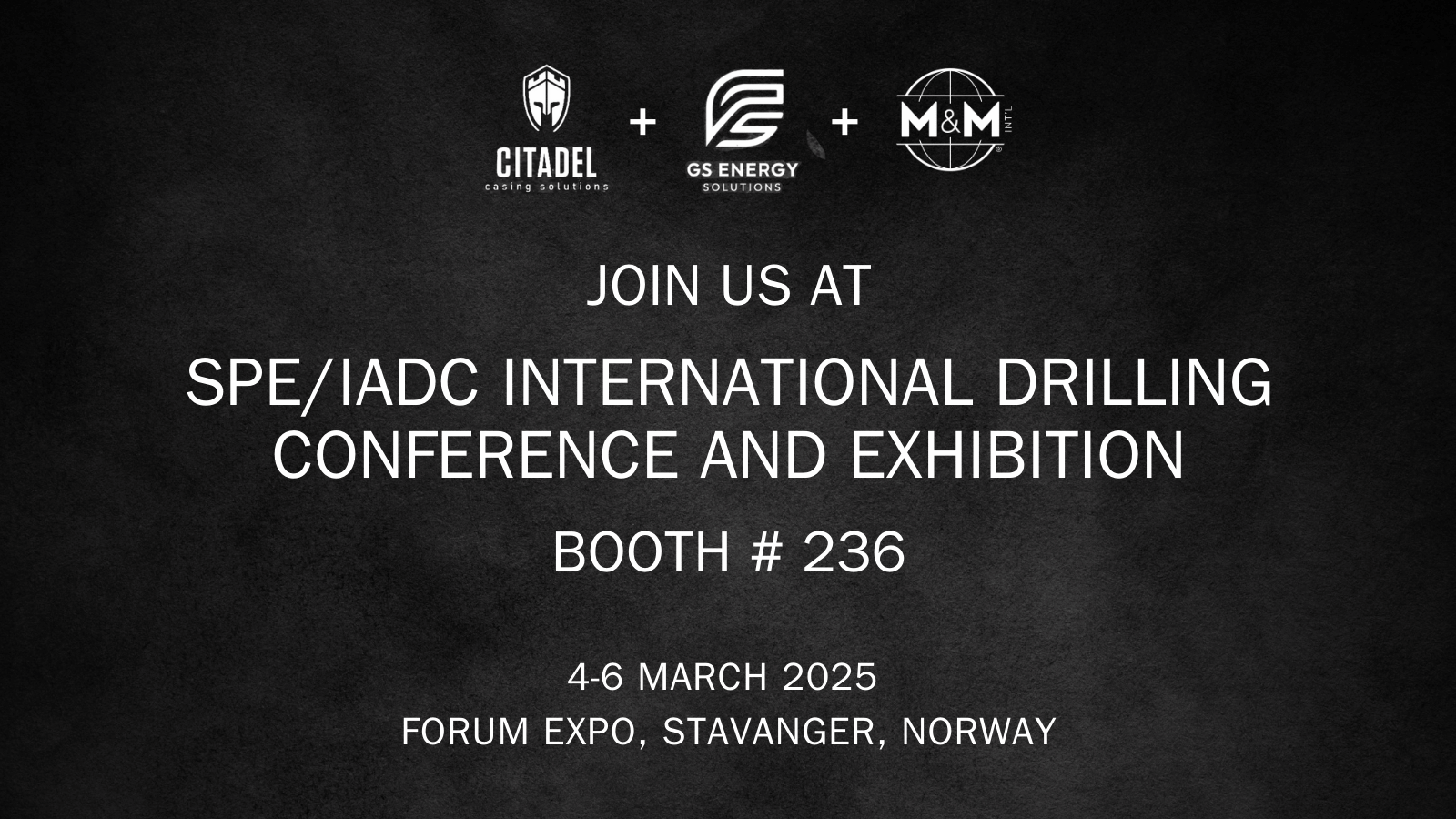
M&M International to Attend the 2025 SPE/IADC International Drilling Conference & Exhibition in Stavanger
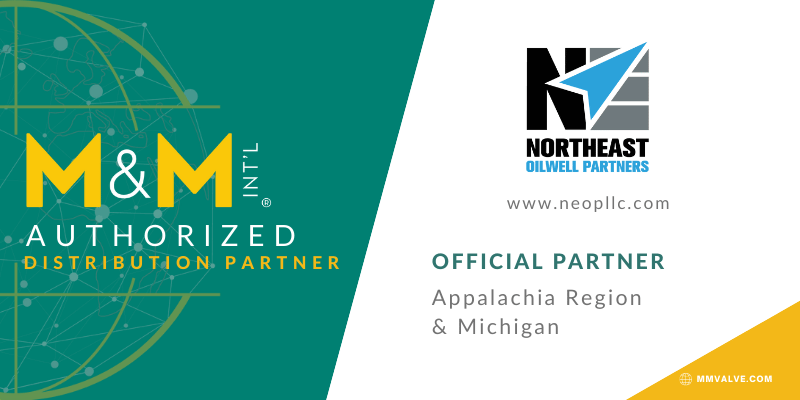
M&M International Welcomes NEOP, LLC as an Authorized Distribution Partner for the Appalachia Region and Michigan
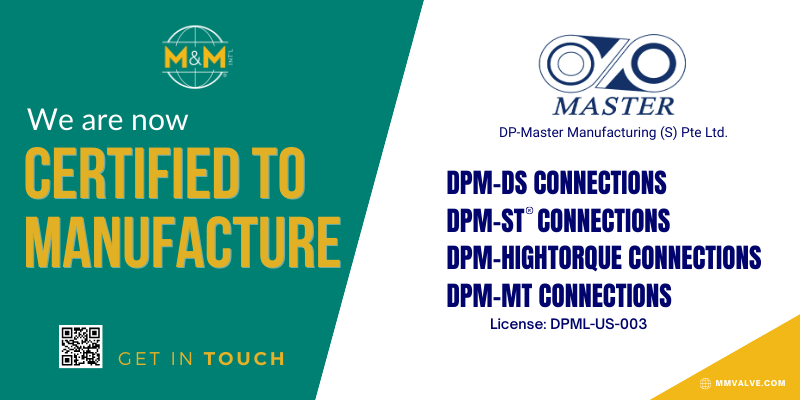
M&M International is proud to announce an expansion of its DP-Master Manufacturing License with the addition of two cutting-edge connections: ...
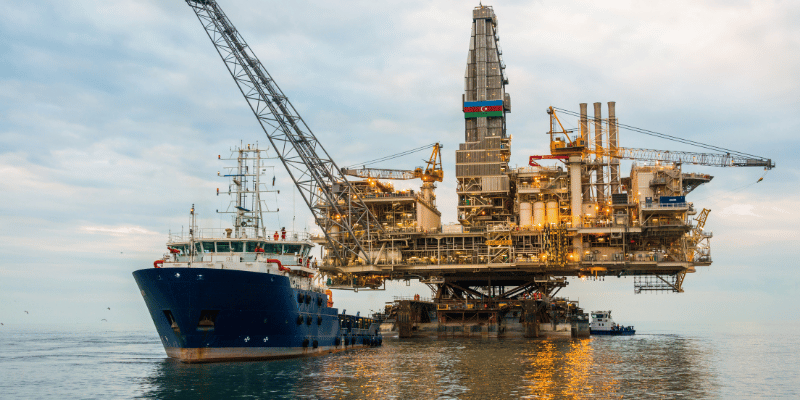
The ADIPEC 2024 Conference brought together global leaders, innovators, and professionals from across the energy industry in Abu Dhabi. As one of the...

M&M International to Attend the 2025 SPE/IADC International Drilling Conference & Exhibition in Stavanger
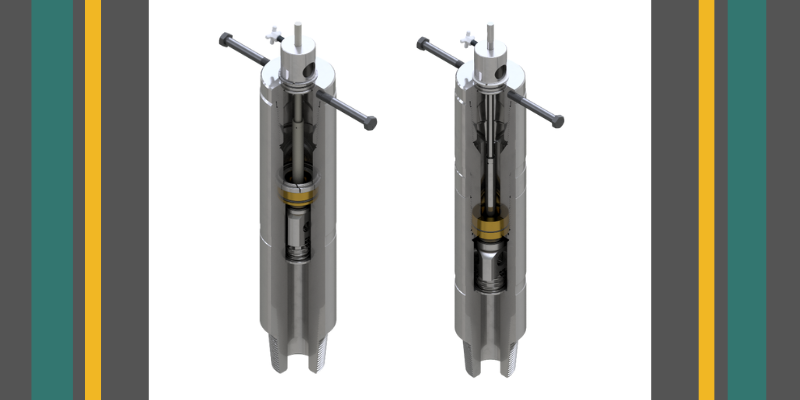
Inside Blow-Out Preventers (IBOPs) are critical safety components in the oil and gas industry, designed to provide a fail-safe mechanism for...